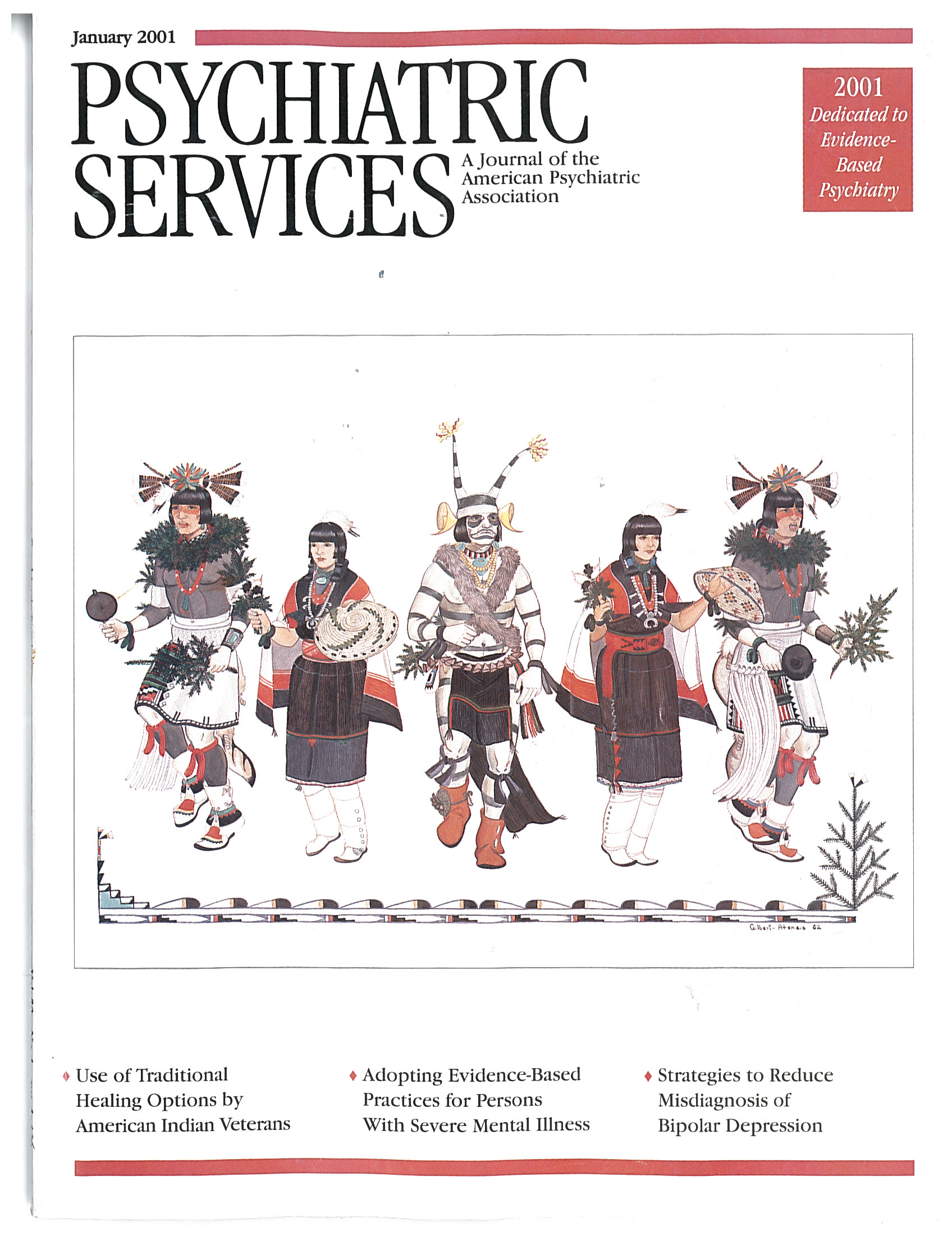The clozapine access project at Buffalo Psychiatric Center is a model for giving patients an opportunity to share their concerns or fears about taking clozapine with patients who have had experience and success with this medication and with clinicians experienced in its use. Results of a 30-month follow-up of the initial pilot group of ten patients indicated the usefulness of the approach.
We began the project by surveying the use and potential for use of clozapine at our 415-bed, long-term-care state psychiatric hospital in 1995. Results indicated that 100 patients, or 24 percent of the patient population, who were appropriate for clozapine treatment, according to the manufacturer's prescribing guidelines, were not receiving it. Of these 100 patients, the records of 66 noted no contraindication for starting clozapine, yet the patients refused to try it. The primary cause for refusal was patients' fear, including fears of having their blood drawn regularly to monitor possible side effects, of being experimented on, and of death.
The clozapine access project was set up for such patients, using both peer counseling and a medication education group led by a psychiatrist and a psychiatric nurse. Three education sessions were held. The role of the peer educators was to share their personal experiences with clozapine therapy during the education sessions. Peer educators were free to establish a relationship with the patients outside the group, but they were not allowed to make any treatment recommendations. They were permitted to continue visits with the patients after the third education session, but none did.
Of the ten participants in the pilot group, nine consented to a trial of clozapine by the end of the third education session. Two withdrew their consent, and thus seven recipients ultimately started treatment. Thirty months later, as of September 1998, five of the seven individuals remained on clozapine. Three of these five were successfully discharged from the hospital, and when last assessed, they were functioning well in the community with supports. Two of the seven who initiated clozapine therapy developed severe leukopenia requiring discontinuation of the drug.
Although clozapine is associated with possible severe side effects, it remains the only antipsychotic agent proven effective for treatment-resistant schizophrenia. Informing and educating recipients about clozapine's favorable risk-benefit ratio is necessary and important. Medication education groups involving peers who have had experience and success with clozapine therapy may increase patients' willingness to begin this medication by allowing them to teach each other and to share their own experiences.

